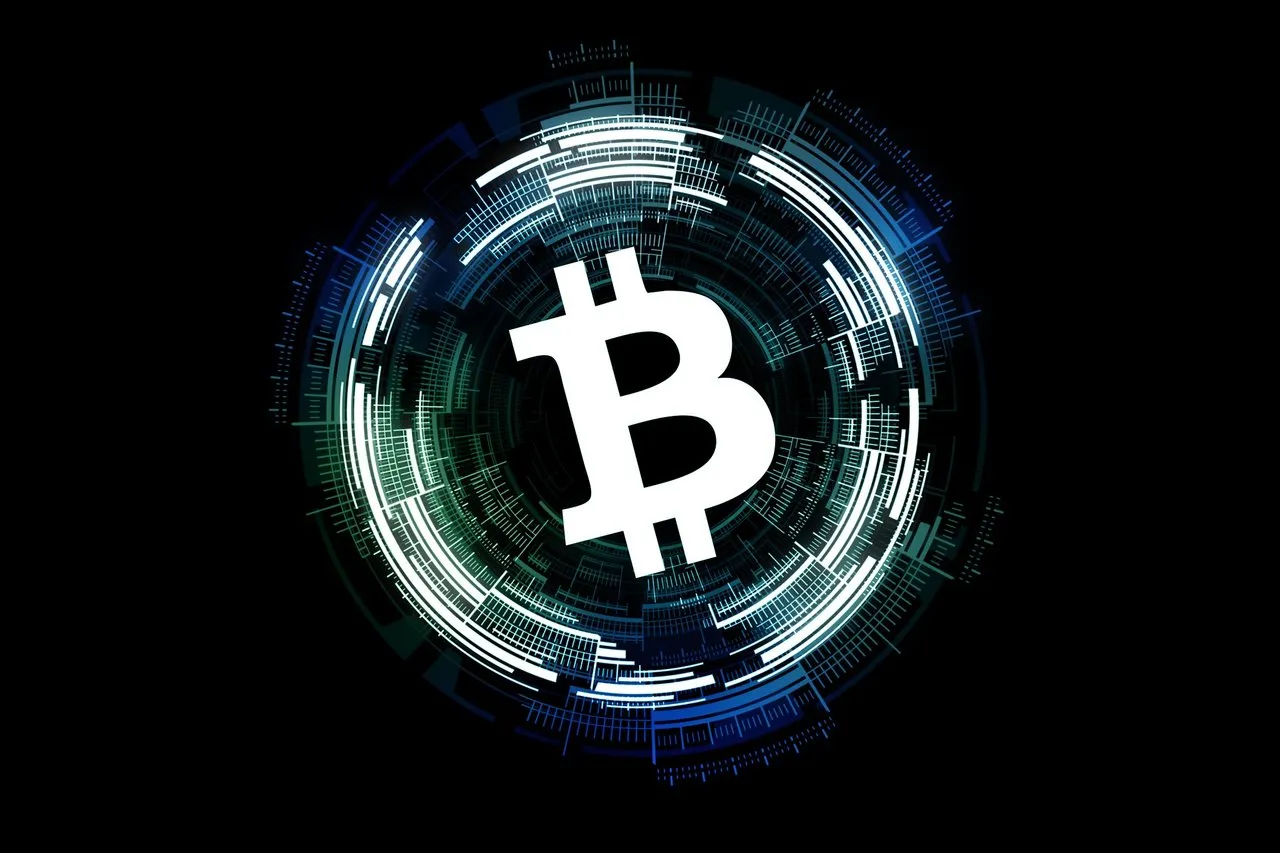The Bitcoin rally would not only help private investors.
The Bitcoin rally would not only help private investors. Tulli, the Finnish customs authority, is also currently rubbing its paws.

[Source: Pixabay]
While Bitcoin is not quite as common these days among petty criminals and serious criminals, in recent years large quantities of BTC have already ended up in the hands of law enforcement agencies. Although they have long been ignorant of what to do with their good fortune, more and more European officials are following the American example and putting up their loot for sale. Even, for a long time, the Finnish customs authority was unable to part with its digital treasure. Fortunately, because of their indecisiveness, the state is now profiting.
Finnish customs confiscate Bitcoin
As BTC-ECHO has previously reported, the Finnish customs authority, from today's viewpoint, captured a particularly large fish about five years ago. Officials confiscated about 1,666 BTC in June 2016 during the removal of a darknet site. The mastermind has been sentenced to ten years and six months in jail for drug trafficking. The loot remained with the authority, however, after the Turku Court of Appeals ordered the proceeds of the crimes to be seized by Bitcoin. This is now to the advantage of the state, which can pocket the profit margin.

[Source: Bitcoin News]
And it doesn't turn out to be low. When Bitcoin was seized, the exchange rate was still around US$600. The rest of it is history. At the time of the press, Bitcoin was trading 64 times higher-about 38,500 US dollars. In just five years, the value has increased from US$ 1 million to US$ 64 million.
Well, a good cause
In either way, the proceeds will inject not a small amount of capital into the treasury. Altogether, the Bitcoin is worth $80 million. Money that could be spent on, say, four million doses of Covid vaccine developed by Biontech and Pfizer. Since two doses are needed for full protection, 2 million citizens could receive vaccination with the proceeds of Bitcoin - More than one in three out of a population of 5.5 million.
